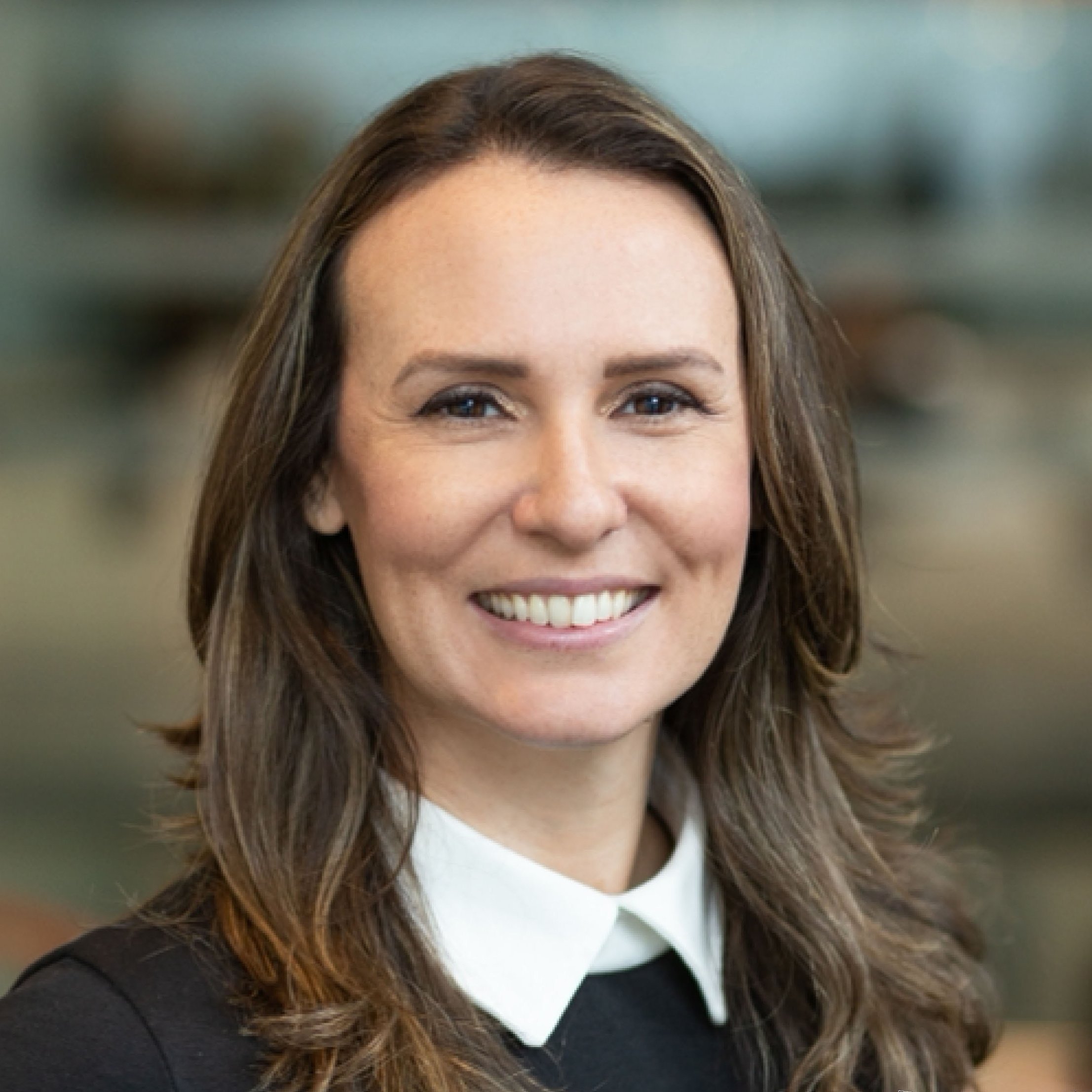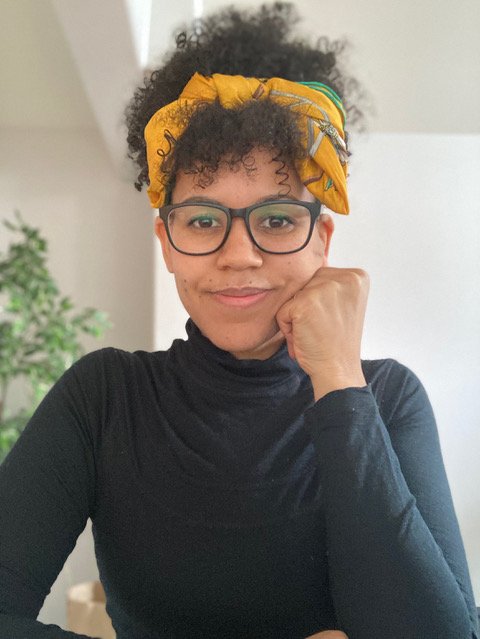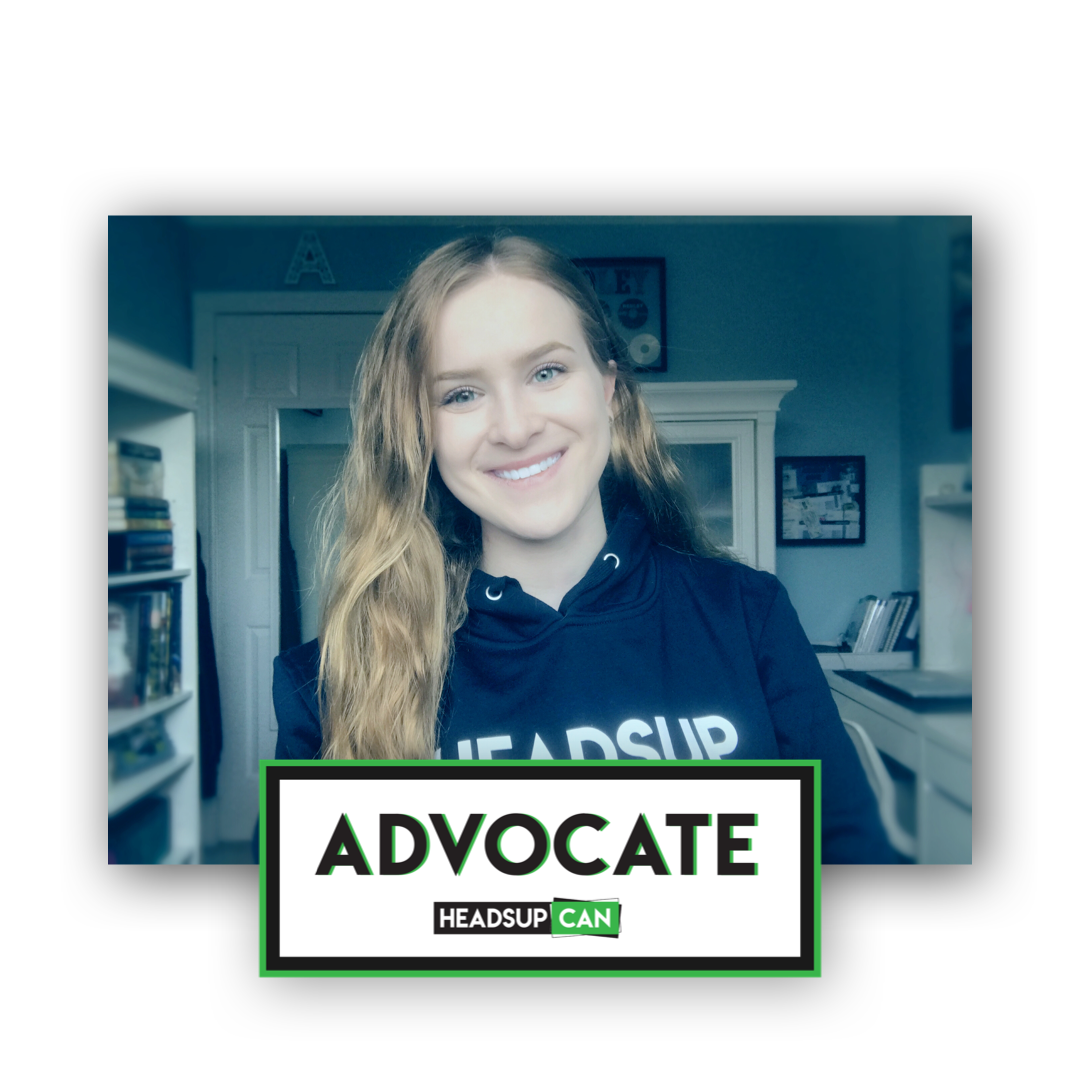Stephanie Cowle has spent nearly 15 years working in injury and trauma prevention. Stephanie is the Director of Knowledge Translation at Parachute, a national charity focused on preventing serious and fatal injuries through evidence-based solutions.
Read MoreKatie Mitchell is a clinician-scientist in the Department of Kinesiology and Physical Education at Wilfrid Laurier University. Her research interests involve factors that influence recovery of concussion in athletes. She is the founder of Thrive NeuroSport, providing clinical education and consulting.
Read MoreKim will highlight important research influencing AT practice and predictors of outcome and treatment protocols. Kim will share how ATs use a patient-centered approach with individualized assessment, including risk factor analysis, neurocognitive testing, thorough symptom evaluation and unique treatment protocols that come with the AT profession’s benefit of being point of injury first responders.
Read MoreConcussion education should be a fundamental safeguard for everyone involved in sport, ensuring we recognize signs and symptoms, prioritize safety, and make informed choices. From the grassroots level to elite levels of play, I believe we all share a collective responsibility to protect the health of athletes and promote a culture of prevention and well-being in sport.
Read MoreIn November 2017, I sustained a concussion while doing an activity I loved, dancing. Ever since that day, my life has changed forever, and my passion has been concussion research, advocacy, treatment, and education. When I sustained my concussion, my family doctor told me I would recover in two weeks and to sit in a dark room with nothing to do. My concussion then took six years to recover. And now, I am here trying to make a difference so no one has to go through what I went through.
Read MoreOver the last 3-5 years, there has been extensive change in the treatment and support of pediatric concussion. So, what does this mean for our children? How can teachers better support kids with concussions in returning to and succeeding in school?
In this episode of The Sharing Experiences With Concussions/TBI podcast, Ryan Sutton sits down with Stephanie McFarland, an Occupational Therapist at Holland Bloorview Concussion Clinic, to talk about how to effectively accommodate concussions in the classroom. As one of the leading experts in the field of pediatric concussion, Stephanie works with students every day to build strategies for their recovery.
We asked teachers and educators across Ontario to submit their questions and experiences regarding concussion support in the classroom. Listen in as Stephanie answers these questions while busting myths and highlighting her best tips and advice for educators on creating accommodations in the classroom.
Read MoreIn this episode of The Sharing Experiences With Concussions/TBI podcast, Caron Gan, a Registered Psychotherapist and Marriage and Family Therapist, welcomes Anne Sanger, Stacey Campbell, and Madeline Roitman to talk about what life is like for families whose loved one has suffered from a traumatic brain injury (TBI).
Listen in as they share stories and experiences of caring for their spouse, brother, and child who are recovering from brain injuries. They highlight their initial thoughts and feelings after the injuries, the most significant impacts the injury has had on them and their families, how existing healthcare systems can better prepare families for life after brain injury, and how roles, responsibilities, and communication dynamics have since changed.
Read MoreIn this episode of The Sharing Experiences With Concussions/TBI podcast, Simon Kardynal welcomes May Machoun, Ryan Carey, and Blair Hennessy to talk about brain injuries and head trauma in the military and veteran community.
Listen in as these veterans shed light on their experiences with concussion and TBI, the systemic healthcare problems veterans are facing in Canada, and how we can continue advocating for better treatment of veterans with TBI and improving TBI education throughout the military. Whether you’re a veteran, a medical professional, or a family member of a concussion survivor, you have the power to make a positive change, so let’s do this together!
Read MoreAre you aware that every three minutes, a traumatic brain injury occurs in the life of a Canadian citizen? This number equates to over 455 Canadians experiencing a traumatic brain injury daily each year, meaning that 165,000 people in Canada experience a traumatic brain injury every 365 days. Traumatic brain injury is prevalent in Canada at a rate 100 times more than that of spinal cord injury.
Thankfully, action is being taken by the Headsup Concussion Advocacy Network (HeadsupCAN) and the Ontario Brain Injury Association (OBIA) to combat these concerns. That is where the "Sharing Experiences with Concussion/TBI" podcast comes in!
Read MoreLogan shares her history with concussions in the hopes to provide more awareness and education towards this invisible injury! Read this article to learn more about our newest Concussion Advocate!
Read MoreIn this bonus episode of The Sharing Experiences with Concussions/TBI podcast, we bring all of the facilitators from the series together in a conversation to share their insights and perspectives on these invisible injuries.
Read MoreBecky Moran, Occupational Therapist with the Acquired Brain Injury Outpatient Team at Parkwood Institute facilitates this discussion about adapting to a new way of life following a concussion. Some of the topics this episode explores are the challenges of pacing oneself, relationships, and changes in identity.
Read MoreDr. Lesley Ruttan, a Neuropsychologist, and other professionals who support persons with concussions and brain injuries gather together in this episode to talk about their experiences and the challenges associated with accessing supports and services for their clients.
Read MoreConnor Massimo, Physiotherapist and Founder of Pulse Physiotherapy in Peterborough, Ontario leads a discussion about returning to sport after experiencing a concussion/TBI. This episode brings together athletes from various sport backgrounds who have competed at different levels to talk about stigma and identity following a concussion.
Read MoreLeslie Birkett, an Occupational Therapist and Assistant Clinical Professor (Adjunct) at McMaster University facilitates this discussion about participants’ experiences returning to work following a concussion/TBI. The conversation explores challenges, balancing life’s stressors and accommodations.
Read MorePenny Welch-West, a Speech-Language Pathologist with Parkwood Institute, guides a group of current students and graduates through a discussion about their experiences transitioning back to school following a concussion/TBI. Group members talk about challenges, accommodations and strategies they implemented to support their return.
Read MoreEveryone deals with the concussion recovery process differently. The journey is non-linear and some people notice their symptoms prolong for extended periods of time. Much longer then they were told by their doctor or had previously planned for. Seeing others recover from the same injury as you can bring a lot of hope, but it can also spur the ideologies of jealousy. It’s important to note that we all deal with this injury differently and this post looks at the different ways to deal with the stigma’s associated within the recovery process.
Read MoreI would want to advocate for concussion awareness cause i would really like to inform young teens, teenagers, adults that concussions could happen in any sport at any level. After my story slowly got out to my friends they doubted my injuries cause i never played “contact” sports or any high level sports. I’d really like to push on educated coaches, parents, players, student etc... that these injuries can happen at any level, any age and that it could really take a toll on someone whether is physically or mentally.
Read MoreConcussions have affected my life in many ways. Both indirectly and directly I've experienced and seen others go through what is and can be an extremely frustrating process. Those being all the unknowns that come with concussions (at least what used to be unknowns growing up and playing sports). As a teenager playing contact sports like basketball and hockey, concussion was a scary word, no one wants to have one, and frankly people avoided even bringing them up.
Read MoreHi, my name is Ailish and I’m a fourth year Sociology and Legal Studies student at the University of Waterloo. I love to read, listen to audiobooks and podcasts, swim, workout, and do yoga! When I graduate university, I hope to attend a Canadian Law school and, eventually, become a Criminal Prosecutor. I am using this quarantine time to study for my Law School Admission Test (LSAT) in August and spread awareness about post-concussion recovery on Instagram!
Read More



















